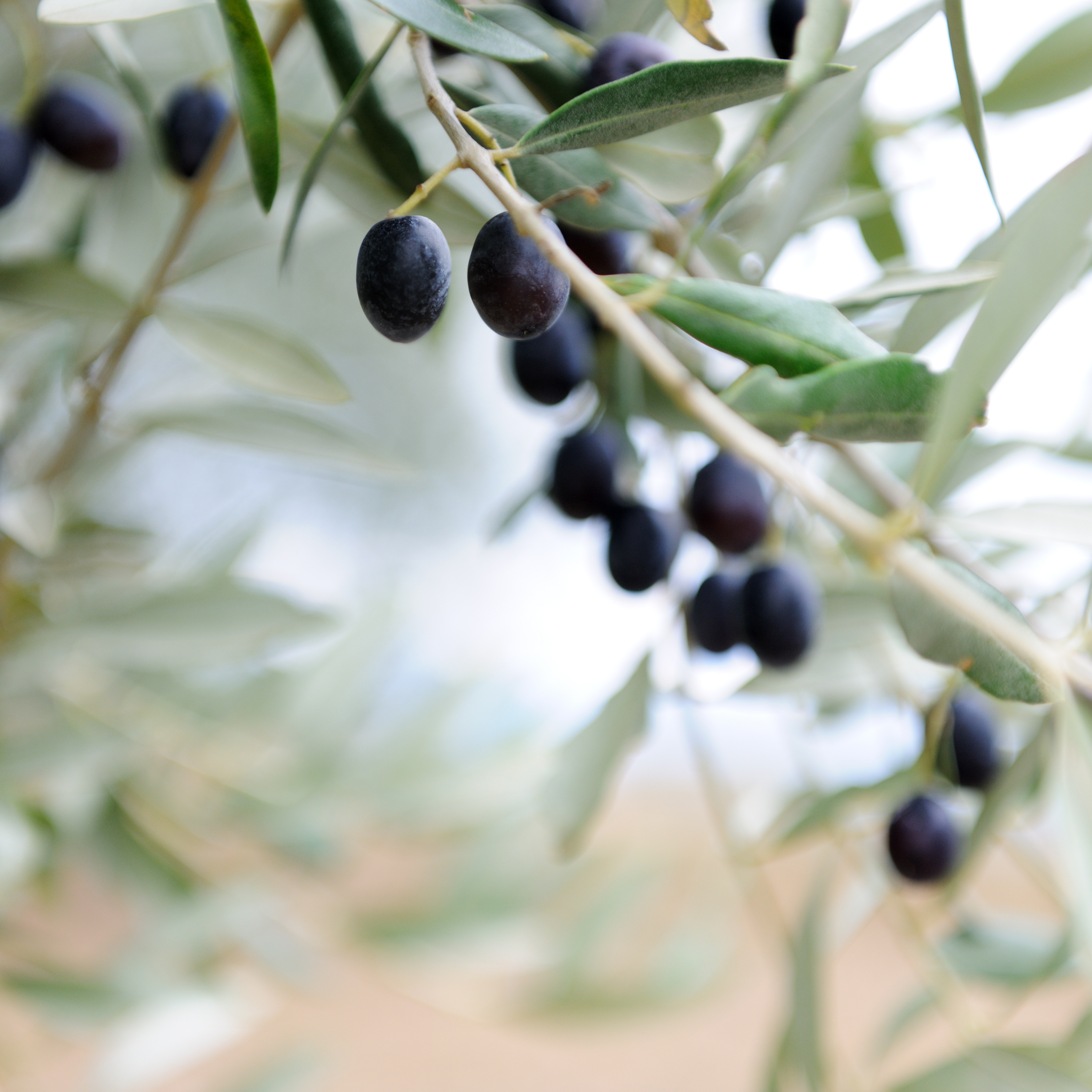
June 1st is National Olive Day in the United States, a day to celebrate the delicious, nutritious little fruit that has come to represent all things Mediterranean. It’s easy to see why – the fruit of the olive tree is used as an ingredient in countless local dishes and olive oil is the product of choice when cooking almost any meal. This versatile plant has made a disproportionate impact on the culture and cuisine of the Mediterranean.
But the power of the olive extends far beyond the culinary realm. Since the days of ancient Greece, the olive tree has been a potent symbol of wisdom and strong leadership. Greek myths asserted that Athena, Goddess of Wisdom, had won the right to oversee her namesake city of Athens in a competition with Poseidon, God of the Seas, by planting the first olive tree at the summit of the Acropolis. The gift of the olive tree was considered so precious that the gods themselves were said to have granted Athena dominion over the city.
Olives trees provided shade, food, and oil to the ancient Greeks. Olive leaves were used to crown Olympic champions, and the wood from olive trees was employed in buildings due its hardiness and natural resistance to fire.
Yet the most iconic symbol associate with this versatile tree is undoubtedly the olive branch. Seen by the Greeks and Romans of antiquity as the ultimate symbol of peace, the image of the olive branch has been used throughout western history to symbolize the end of conflict and the prosperity of peacetime.
This year, the symbolism of the olive branch is particularly poignant. As the Russian invasion of Ukraine nears its 100th day, the largest European conflict since World War II continues to exact a heavy toll on the Ukrainian people. We at Aster Society stand with Ukraine. That is why all profits from our Athena’s Offering collection will be donated to the UNHCR’s efforts to assist Ukrainian families displaced by the ongoing conflict until the conflict comes to an end.
Slava Ukraini!


Comments (0)
Back to News